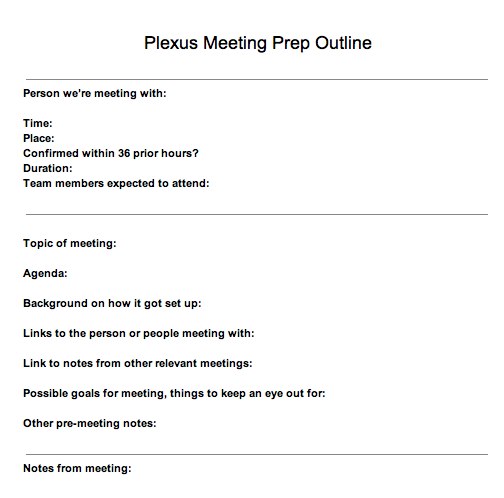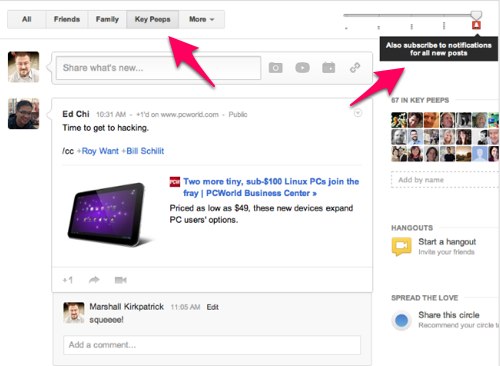As social network publishing platforms get bigger and better, it gets harder to stay focused on publishing on your own piddly little blog. Could there be a symbiotic relationship between the two, though?
It’s hard not to be impressed by the major publishing outlet that LinkedIn is becoming. Entrepreneur Lewis Howes wrote an instructive guest post on the blog of a startup called Clarity today that offers some smart step-by-step instructions to get yourself in good shape for consideration as an author on LinkedIn’s official Thought Leaders channel. You’d be among great company if you could pull that off.
Likewise, when Google+ launched 18 months ago, several high-profile bloggers were announcing that they were moving all their blogging activities off their own sites and onto Google’s social network. People were doing that because the commenting, sharing and engagement that they were experiencing on Plus was incredible. It just blew on-site blog comments out of the water – and isn’t that a major part of blogging, to get feedback and engagement from readers? All that engagement is a proxy for distribution, too.
Perhaps bloggers should go to the most high-profile venue they can publish from, or the most popular place where they can get lots of engagement, but I’ve always wanted to stay here and do most of my publishing on my own site. That’s hard to do on a regular basis, but I own the site and it follows my rules. As I wrote in July 2011, I’ll Never Redirect my Personal Blog to Google Plus.
Maybe there’s something to be said about using a personal blog as a scratch-pad to solicit initial discussion on a draft idea, though, and then taking the polished end-result out to a corporate hosted forum with lots more audience. I wrote a post on our company’s blog yesterday about ways to leverage the experts in your community to collaborate on blog posts and in that post referenced a saying from Google exec Hunter Walk: that you should post to a blog not to show how smart you are, but to solicit feedback from smart people, because that’s a great way to learn.
I love writing in public, but it tends not to get as much engagement as asking people one at a time for feedback and contributions to drafts. Would it work to treat a personal blog as a warm-up zone before publishing an article elsewhere? Would you feel comfortable publishing less than your best work on your personal blog? I may try to see if I can make that work. I’d love to know your thoughts on it though; might this be a way to have our cake and eat it too? Maybe a reference to your personal blog on a bigger site would serve too as a place to find all of your writing, across many different platforms.
Something I’m thinking about, if you’ve got recent thoughts on blog vs social network publishing, please do share them.
 I’m excited to announce this morning the unveiling of the startup I co-founded, left journalism to do and have spent the last year working with my team to build. It’s called
I’m excited to announce this morning the unveiling of the startup I co-founded, left journalism to do and have spent the last year working with my team to build. It’s called 
